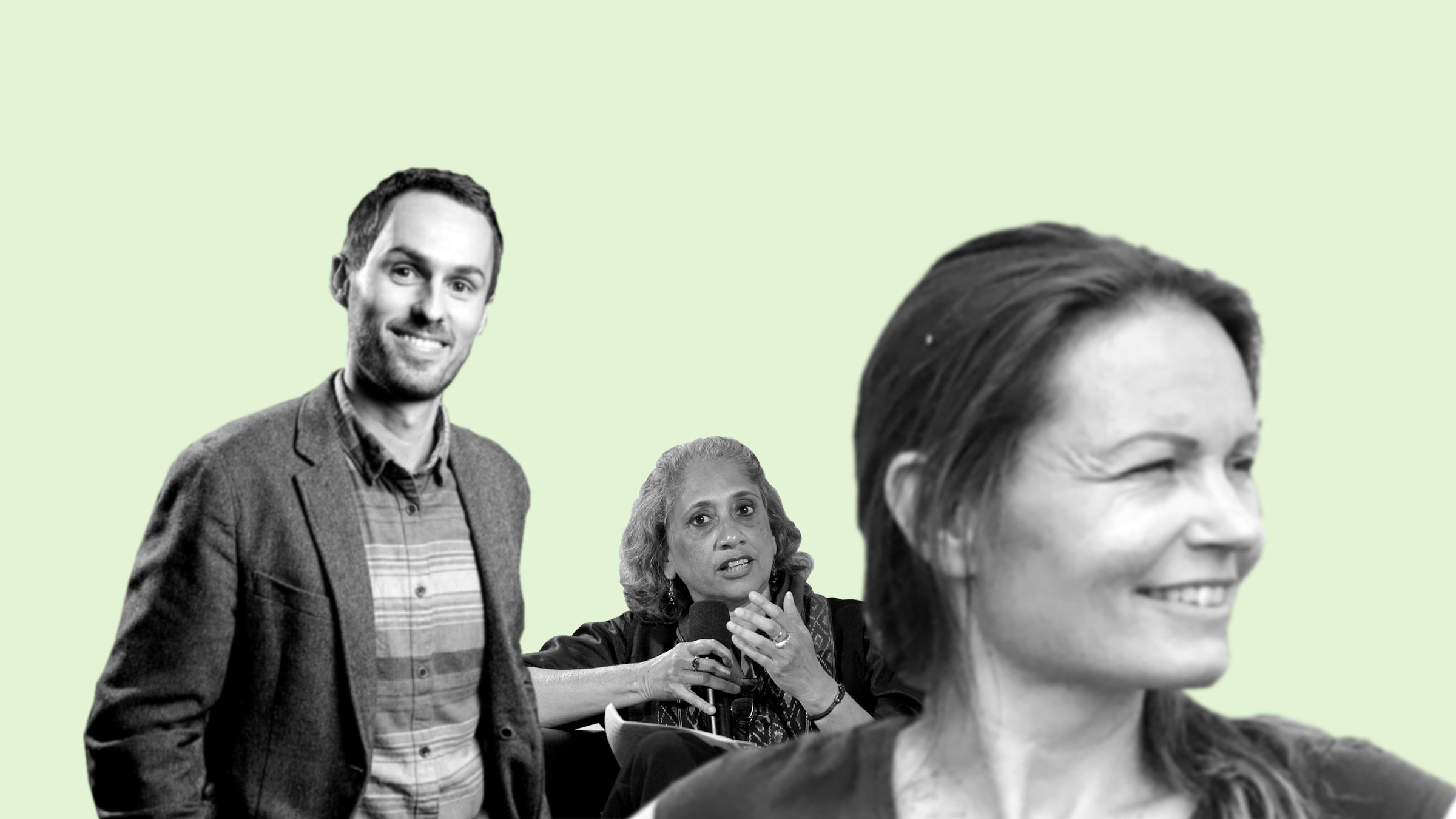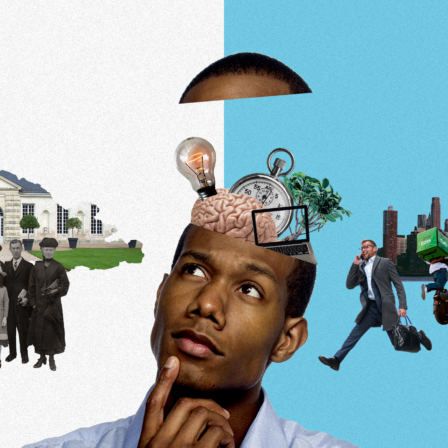A good case can be made that our current linear economic system is unfair. The benefits mostly go to a few while the costs, such as environmental degradation, are placed on those who can least afford it.
“There has been a backlash against globalisation because the benefits have been large but uneven,” explains Malena Sell, Trade and Environment Specialist at the Trade Policy Unit of the Finnish Ministry for Foreign Affairs. “The number of people in absolute poverty has come down globally and the middle class in emerging economies has expanded, yet wealth has become more and more concentrated at the top and unskilled workers in developed countries are feeling left behind.”
An opportunity for fairness
The good news is that the circular economy can be different from our current model and gives the opportunity for a fairer system.
“The circular economy model has inherent in it the possibility of enabling more jobs, more resources to the underserved, and improved health by cutting pollution from waste dumps, for example,” says Ligia Noronha, Director, Economy Division at UN Environment.
However, she warns that this does not happen automatically but needs to be well-designed and thought through.
“Making a fair transition to the circular economy is as big a problem as the transition itself,” explains Ernesto Hartikainen, Leading Specialist at Sitra. “If we want to scale up the circular economy globally in time to prevent the worst impacts of climate change and the mass extinction of species, we must ensure all people are onboard this monumental transition.”
Is fairness important?
But what is the problem with a little unfairness? Life is unfair, after all. The main benefits of the circular economy are environmental, so isn’t that the only thing that is important?
“Economic transitions can have both positive and negative impacts and result in unfairness,” Noronha says, and ticks off a list. “They can result in social imbalances and real income changes. Unequal access to capital may limit the uptake of new technologies and opportunities in new systems and create new inequalities. Changing consumption patterns can affect places and livelihoods of people who depended on that consumption. There can also be other distributional implications which need more detailed study to ensure transitions are just.”
There are risks in the transition to a circular economy, such as jobs becoming obsolete and regions rich in natural resources losing their main export. Additionally, there are risks in a fully functioning circular economy. Trade balances will be different, as well as access to critical materials. It is a complicated issue.
“There are different dimensions of fairness within and between countries,” Sell explains. “Everyone will suffer if we continue to live beyond our planetary boundaries. A fair transition is about the long-term sustainability of the planet.”
The people speak
One of the first complaints of France’s Yellow Vests Movement was that fuel tax increases were hitting the lower and middle classes hardest, while the solidary tax on wealth was abolished and airlines continued to enjoy tax-free fuel.
Higher taxes are a great way to discourage wasteful behaviour, but there are legitimate reasons for complaint when they create unfair burdens. Additionally, we often have mismatched incentives, such as fossil fuel subsidies which reward hurting the environment.
There are many ways for individuals to test how their lifestyle affects the environment and take steps to improve ecologically sustainable behaviour, but if an individual wants fairness in the transition then speaking loud and clear to policy makers remains a potent tool.
“Fairness has an intrinsic value in itself”
There are major challenges, but there are also signs for optimism. In particular, Sell cites international partnerships such as Ghana and Finland developing policy solutions together for plastics and e-waste in the circular economy.
“We at the Ministry are prioritising Africa,” Sell says. “There are different ways to partner with Africa and everyone wants to see real results, not speeches. A number of young African entrepreneurs in the circular economy will be at the WCEF to network and initiate business with other companies.”
“A fair transition is important at all levels: global, national and local,” says Noronha. “It is important that all win, and if some lose then we need to compensate the losers or find ways for them to adapt to system changes. Fairness has intrinsic value in itself; a fair transition is also politically expedient as it will enable a greater consensus on change; it prevents conflict and creates socialisation of the change agenda.”
Having a fair transition to the circular economy is one of the key themes of the 2019 World Circular Economy Forum taking place 3-5 June. You can watch the action live or see key speakers at our Programme page.
















Recommended
Have some more.